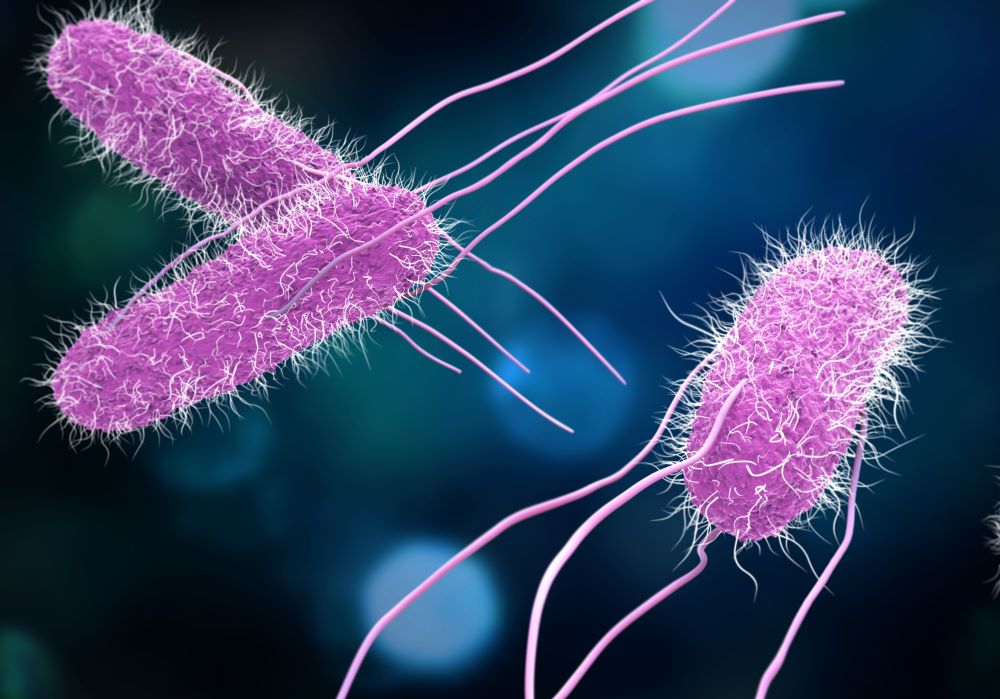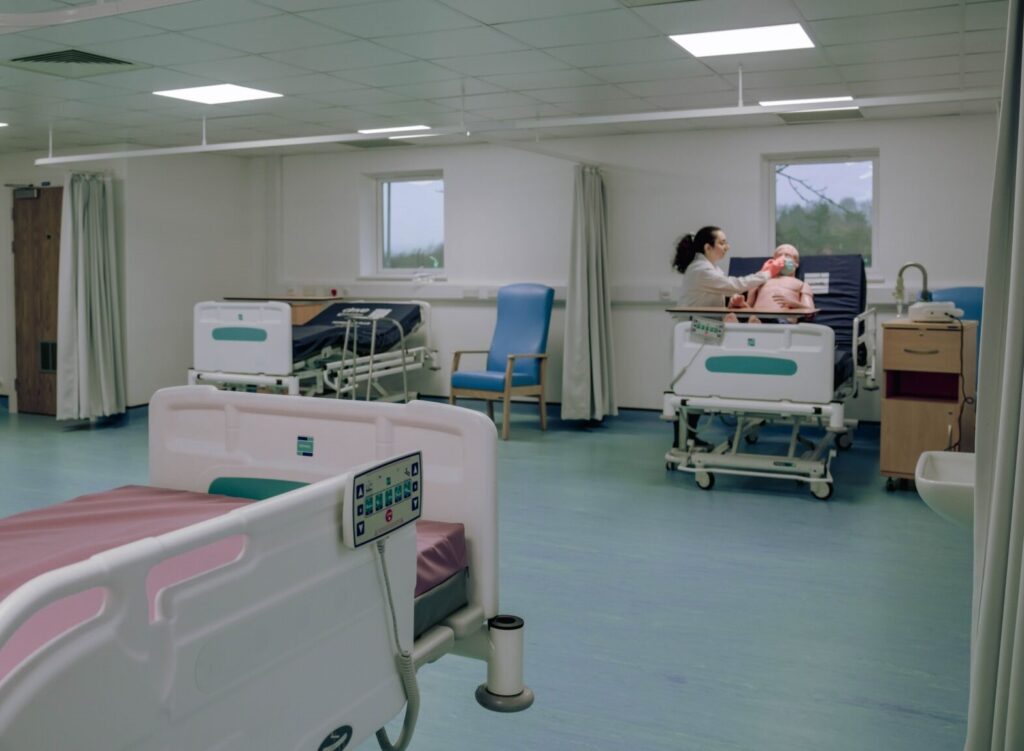What is UKHSA doing about antibiotic resistance? – UK Health Security Agency


Antimicrobial resistance (AMR) occurs when medicines used to fight infections lose their effectiveness because the organisms they target – whether bacteria, fungi, viruses or parasites – have evolved or acquired adaptations to survive.
In 2019, AMR was directly responsible for about 1.27 million deaths globally. Sustained action is required to curb inappropriate use of antibiotics, the main driver of AMR.
The UK has a 20-year vision for tackling AMR through a series of 5-year National Action Plans (NAPs), which aim to bring together organisations across government to contain, control and mitigate AMR by 2040.
The latest action plan was published on 8 May 2024.
The new UK AMR National Action Plan for 2024 to 2029
The updated plan will commit the UK to restricting the unnecessary use of antimicrobials in humans and animals, strengthening the surveillance of drug resistant infections, and incentivising industry to develop the next generation of treatments.
It will also embed lessons from the COVID-19 pandemic and will include specific commitments focusing on infection prevention and control, diagnostics and vaccines.
UKHSA’s role within the NAP includes overseeing human health surveillance and threat detection, tracking and analysing resistance, developing evidenced-based interventions, implementing targeted public interventions, and embedding infection prevention and control in healthcare settings.
It also involves translating research into possible policy outputs and public health campaigns, all while maintaining a focus on health equity across all our activities.
UKHSA also played a leading role in developing the targets and commitments defined under this NAP, including coordinating consensus groups across the 4 nations.

How UKHSA is tackling AMR
- Innovation and surveillance: UKHSA is responsible for monitoring any changes in AMR across the country, including using cutting-edge analytical and modelling methods, and highlights organisms of concern to the national advisory committee (APRHAI) to inform further action. Our Porton Down facility is also equipped with facilities to test different therapeutic approaches against multidrug resistant organisms, and houses a full-scale replica hospital ward to study how they can be better designed to reduce transmission of antibiotic resistant infections.
- Incident response: Our Incidents Outbreaks & Stewardship team (IOS) leads investigation and response to outbreaks in health and care settings which involve pathogens with multidrug resistance. They have led responses to serious outbreaks, including those caused by contaminated products used in healthcare settings. This has led to national patient safety alerts and product recalls such as in a recent outbreak of Burkholderia cepacia complex associated with lubricating eye products. The team has also developed resources for clinicians on microbial resistance, including toolkits for secondary and primary care physicians.
- Public engagement and awareness: UKHSA has developed several high-profile awareness campaigns and communications initiatives to engage the public in the fight against AMR, increase awareness and affect positive behaviour change. These include our Keep Antibiotics Working campaign, a 3-year, multi-channel campaign launched in 2017 that saw a 20% increase in AMR awareness among mothers of children 0 to 16. Other initiatives have included our pledge-based Antibiotic Guardian engagement campaign, and a range of toolkits for those working with children and young people.
These vital measures will help reduce the threat now posed to the lifesaving power of antibiotics. You can find out more in the full report: Confronting antimicrobial resistance 2024 to 2029.





